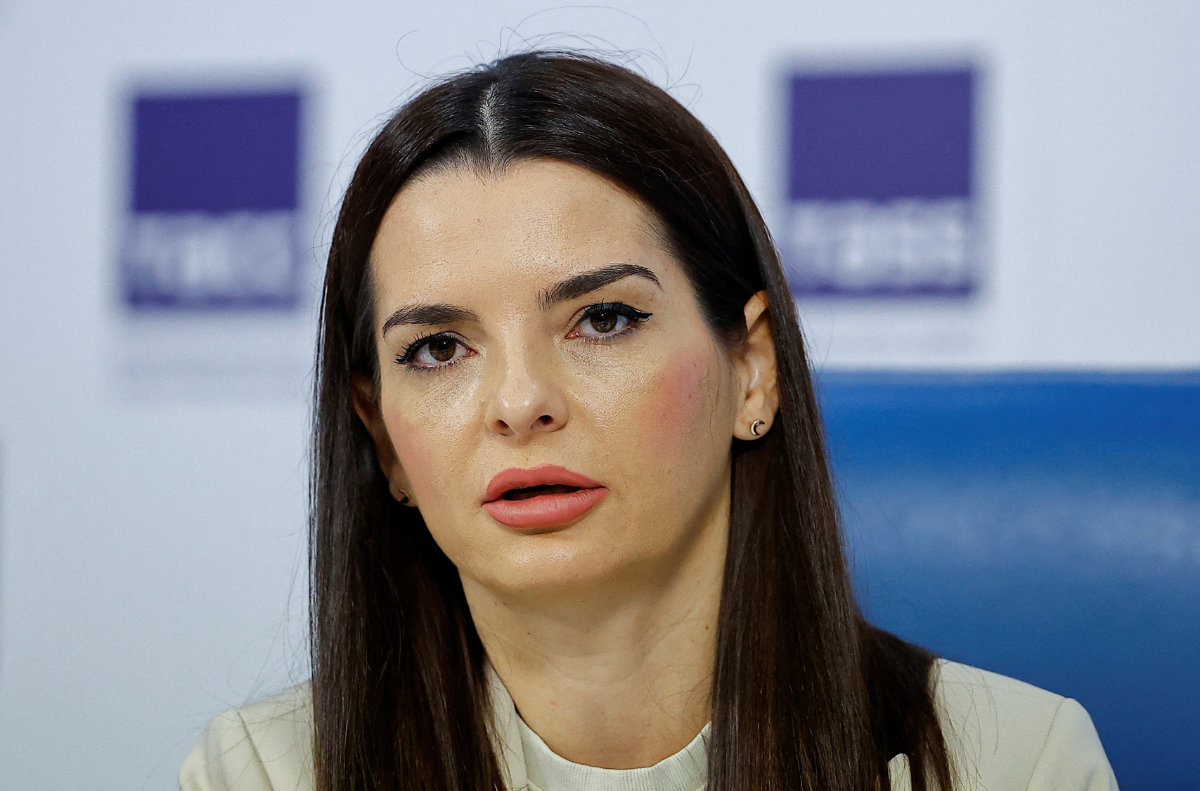KYIV/WASHINGTON: The United States, Britain and Canada accused Russia on Thursday of carrying out a plot to sway the outcome of the Moldovan presidential election in October and incite protests if a pro-Moscow candidate should lose.
Russia is working to exacerbate societal tensions and foment negative perceptions of the West and the incumbent team of Moldova’s pro-Western President Maia Sandu through disinformation and online propaganda, they said in a statement issued by the State Department in Washington.
“We are taking this step to warn our democratic partners and allies that Russian actors are carrying out a plot to influence the outcomes of Moldova’s fall 2024 presidential election,” they said.
The plot, they said, is part of wider attempts by Moscow to subvert democratic elections to “secure results favorable to the Kremlin.”
The threat is especially relevant this year as hundreds of million of voters in Europe and North America cast ballots in national, regional and local elections, the statement said.
The Russian embassy in Washington did not immediately respond to a request for comment.
Moldovan Prime Minister Dorin Recean said on social media platform X that he was grateful for support from the three allies and vowed that the “Kremlin’s attempts to undermine our sovereignty and incite unrest will not succeed.”
Moldova, a former Soviet republic of 2.5 million people, has fiercely condemned Russia’s invasion of neighboring Ukraine, accused Moscow of plotting the Moldovan government’s overthrow and expelled Russian diplomats.
Russia, the allies said, is backing presidential candidates in Moldova and unidentified pro-Russia actors are “actively using disinformation and propaganda online, on the air and on the streets to further their objectives.”
These actors are fanning criticism of Sandu and her Party of Action and Solidarity to incite protests and plan to spread lies about her character and “supposed electoral irregularities.”
The allies issued the statement a day after the United States imposed sanctions on Evgenia Gutul, the pro-Russia governor of Moldova’s Gagauzia region.

Yevgenia Gutsul, leader of Moldovia's Gagauzia region. R)EUTERS/File Photo
Gutul faces criminal allegations of channelling funds from Russia to finance the now-banned Shor Party set up by Ilan Shor, an exiled pro-Russia businessman convicted of fraud in Moldova.
She denies the allegations as fabricated.
During a visit by US Secretary of State Antony Blinken to Chisinau last month, Sandu accused the Kremlin of using criminal groups in Gagauzia to bring in Russian money to finance de-stabilizing activities and attempts “to bribe the elections.”
In the joint statement, the allies said they shared Sandu’s concerns that the Kremlin is using criminal groups to finance political activities.
Moscow’s political interference, they said, dates back years, and they cited as an example “direct support” that employees of Russia’s state-funded RT media network have provided to Shor.




























